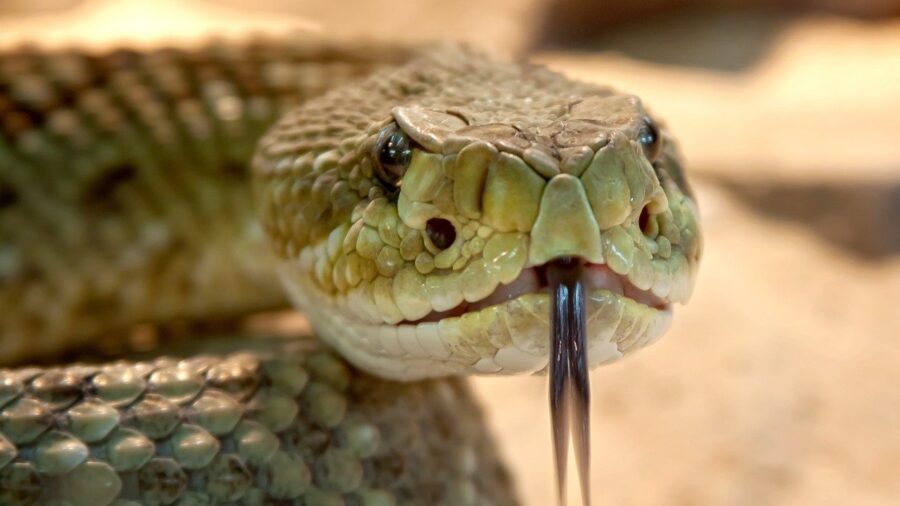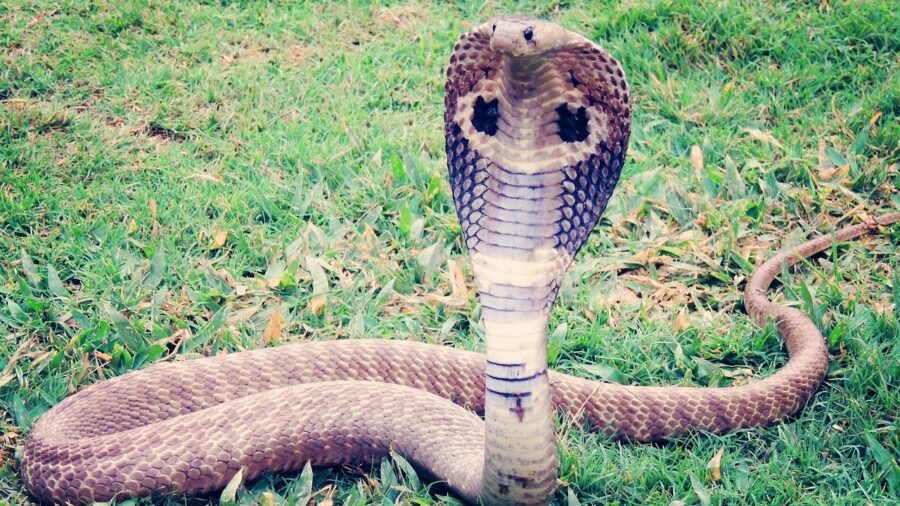Snakes Key To Curing Heart Disease?

Nobody tell Indiana Jones, but a study into snakes could prove to be a vital step forward in our battle against heart disease. According to researchers at the University of Colorado at Boulder, by studying how pythons devour and metabolize its prey, we can learn valuable information regarding the function of its heart, which becomes stronger throughout this process. Researchers believe that this study could lead to the possibility of the creation of novel treatments for both heart disease and metabolic disorders in humans.
Heart Health And Metabolic Function

In an amazing display of nature being breathtakingly wild, a python is able to grow its heart by 25% just 24 hours after first devouring its prey. This process also allows the python’s cardiac tissue to “dramatically” soften. Additionally, the python’s heart then squeezes much harder than before to more than double its pulse.
Researchers say that this process of the snakes metabolism is what can lead to the priceless research into heart disease. As the python continues the digestion of its food, a massive collection of specialized genes are then put into motion, which helps boost the snake’s metabolism by “fortyfold.” After two weeks, when the python’s food is fully digested, the inner systems of the snake return to its normal functions, yet its heart remains slightly larger, and even stronger, than it was before the digestive process.
Potential Treatment For Cardiac Fibrosis?

According to the University of Colorado at Boulder researchers, the snakes resistance to heart disease and other metabolic maladies could point to the significance of its digestive process. Researchers believe that further studies into the python’s heart function could benefit the research into human heart diseases such as cardiac fibrosis, which is a scarring event in the cardiac muscle that leads to the stiffening of heart tissue. If left untreated or improperly managed, cardiac fibrosis could ultimately lead to the development of congestive heart failure.
Pythons Are The Ultimate Intermittent Fasters

Leslie Leinwand, professor of molecular, cellular and developmental biology at the University of Colorado Boulder and chief scientific officer of the BioFrontiers Institute, notes the importance of studying the python’s food consumption and their overall health. “Pythons can go months or even a year in the wild without eating and then consume something greater than their own body mass, yet nothing bad happens to them,” Leinwand says. According to Leinwand, these snakes “possess mechanisms that protect their heart” from often fatal ailments in humans, including heart disease.
Two Types Of Heart Growth In Humans

By focusing on studying the possible link between snakes and heart disease resistance, Leinwand, who has studied pythons for over two decades, hopes to map out the exact connection between the two, which could lead to medical breakthroughs. Currently, there are just two types of heart growth in humans, Leinwand explains. Healthy growth in hearts develops over time, like from chronic endurance exercise, while unhealthy heart growth develops from disease.
Therapeutic Applications On Humans

As part of Leinwand’s research into the snakes and heart disease, researchers fed pythons who had not eaten for nearly a month a small meal of 25% of their body weight and compared them to snakes who had not been fed at all. The team’s researchers found that the snakes that had been fed saw their heart grow and their heart muscles become stronger compared to the fasting snakes. Leinwand believes that by continuing to research the python’s digestive process, her findings could possibly lead to being able “harness it to use therapeutically in people,” which could develop into another source of healthy heart growth in humans.
Source: University of Colorado Boulder












